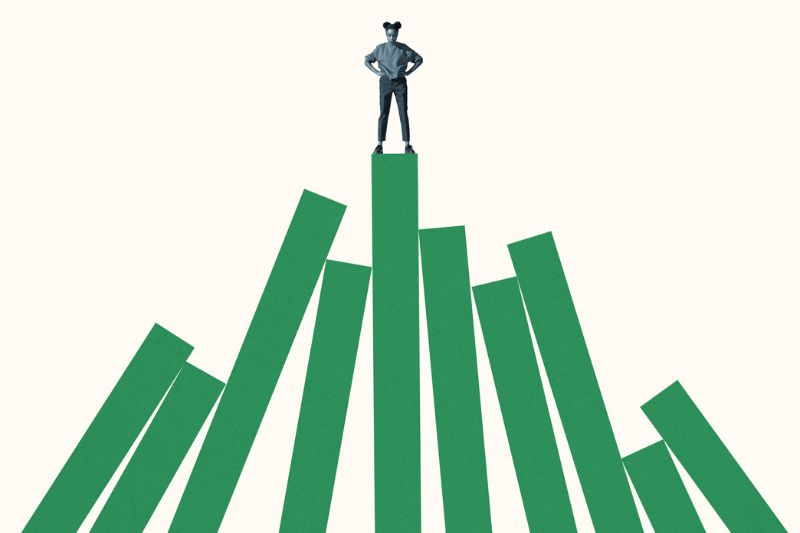Keywords: Growth
There are more than 24 results, only the first 24 are displayed here.
Become a subscriber for more search results.
-

INTERNATIONAL
- Anonymous
- 20 February 2025
Myanmar’s military-led turmoil drives millions from their homes, bombs local communities, and keeps democracy icon Aung San Suu Kyi behind bars. Once a nation of proud heritage and abundant resources, it now teeters on social and economic collapse. Our deep dive examines an enduring crisis and the determination powering an urgent call for change.
READ MORE
-

INTERNATIONAL
- Andrew Hamilton
- 30 January 2025
The United States' recent shift in immigration policy towards exclusions and deportations is a modern moral reckoning. It underscores the tension between a society’s right to regulate its borders and its responsibility to uphold the dignity of those who already call it home.
READ MORE
-

AUSTRALIA
- Andrew Hamilton
- 23 January 2025
Australia's national day remains a divisive symbol, rooted in colonial history. As the country grapples with issues of war, inequality, and climate change, the call for a more inclusive, meaningful celebration grows. How can a national day honour both the complexity of our history and the dignity of all Australians?
READ MORE
-

ARTS AND CULTURE
- Warwick McFadyen
- 16 January 2025
As the world turns into 2025, echoes of 1925 linger: T.S. Eliot's The Hollow Men introduced us to a 'whimper' of despair, while Hitler's Mein Kampf foreshadowed catastrophe. What do these works from a century ago say about the fragility of human progress?
READ MORE
-

ARTS AND CULTURE
- Simon Smart
- 19 December 2024
Modern advertisements blend artistry and manipulation, tugging our heartstrings while selling us things we didn’t think we needed. Take the Austrian financial giant Erste’s annual Christmas ad, which this year chronicles the history of 'Silent Night.' It's breathtaking — until its message makes a baffling twist.
READ MORE
-

AUSTRALIA
- Emma Wilkins
- 18 December 2024
Gift-giving should be a celebration of kindness, but modern rituals often entangle us in obligation and excess. From generous neighbours to Christmas present hauls, reciprocal gifts build and shape our relationships. But what does it mean to give without strings?
READ MORE
-

ECONOMICS
- David James
- 11 December 2024
BlackRock CEO Larry Fink predicts AI and shrinking populations will bring higher living standards without growth. But his optimism overlooks a critical flaw: conflating productivity, efficiency, and the true cost of 'growth.' With economic foundations shifting, the future demands a radical rethinking of capitalism’s purpose and the systems driving it.
READ MORE
-

EDUCATION
- Peter Hosking
- 11 December 2024
In a world reshaped by smartphones and social media, Generations Z and Alpha grapple with rising anxiety, diminished attention spans, and the erosion of real-world connections. As governments and parents push for reforms, the challenge is clear: how can technology serve young people’s growth without exploiting their vulnerabilities for profit?
READ MORE
-

AUSTRALIA
- David Halliday
- 11 December 2024
The global media fracas around a government daring to impose restrictions on children using social media was dramatic, but not unexpected. Reactions were predictably divisive and steeped in the sort of performative outrage that social media tends to encourage.
READ MORE 
-

ENVIRONMENT
- Phil Jones
- 28 November 2024
1 Comment
Infinite economic growth on a finite planet is a paradox we can no longer ignore. As environmental crises deepen, solutions like the Steady State Economy offer a roadmap to balance sustainability and prosperity. Yet, transitioning from growth-centric systems raises hard questions: Can we create an economy that values life over profit?
READ MORE
-

ENVIRONMENT
- David Ness
- 28 November 2024
2 Comments
As the climate crisis deepens, there's an urgent need for a global shift toward fairness, equity, and living well within our planet’s limits. Drawing from Pope Francis’s Laudato Si’, sufficiency thinking offers a critical, overlooked pathway to global equity and sustainability.
READ MORE
-

ENVIRONMENT
- Michael McVeigh
- 28 November 2024
Following an underwhelming COP29 climate summit, many are grappling with a collective climate despair in light of sobering news that the 1.5-degree warming target is no longer achievable. How should we confront such a reality while working to build a better, more sustainable world with a sense of hope?
READ MORE 